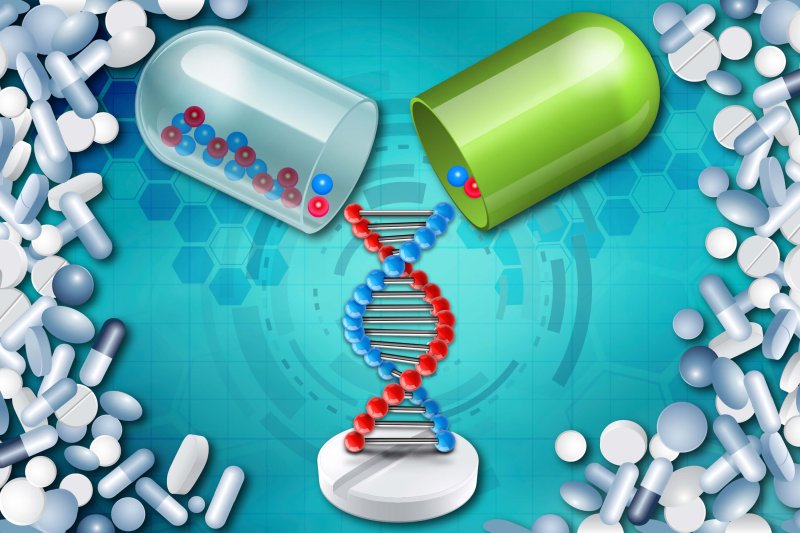…
“It has transformed from something that is fantastically difficult to carry out into a day-to-day laboratory technology,” says Dr. Mike Mitchell, an analyst at Panmure Gordon. “It is now vital in both drug discovery and diagnostics and it’s oncology and precision medicine that are driving this.”
…
One such company is Horizon Discovery. … Horizon sells extremely complex genetically engineered cell lines to researchers around the world, helping them find cures for diseases like cancer.
These cells can either be made bespoke or bought off the shelf from Horizon’s portfolio. They are effectively “patients in a test tube”, explains Disley. They can be engineered to have certain characteristics, like mutations, to represent healthy or diseased patients.
This allows scientists to use the cell lines to prove a hypothesis or to test a drug to see what happens. They are also being used in diagnostic tools and genetic screening, to determine which subset of patients might benefit from a particular treatment.
…
“In personalized medicine now, we are narrowing it down to the genetics of small patient groups because your body is the most complex non-linear organism there is,” says Darrin Disley, [CEO of Horizon Discovery].
…
One day, says Disley, there will be a toolbox of drugs targeted and developed for specific types of patients.
The GLP aggregated and excerpted this blog/article to reflect the diversity of news, opinion, and analysis. Read full, original post: How gene editing is revolutionising the pharmaceuticals industry































